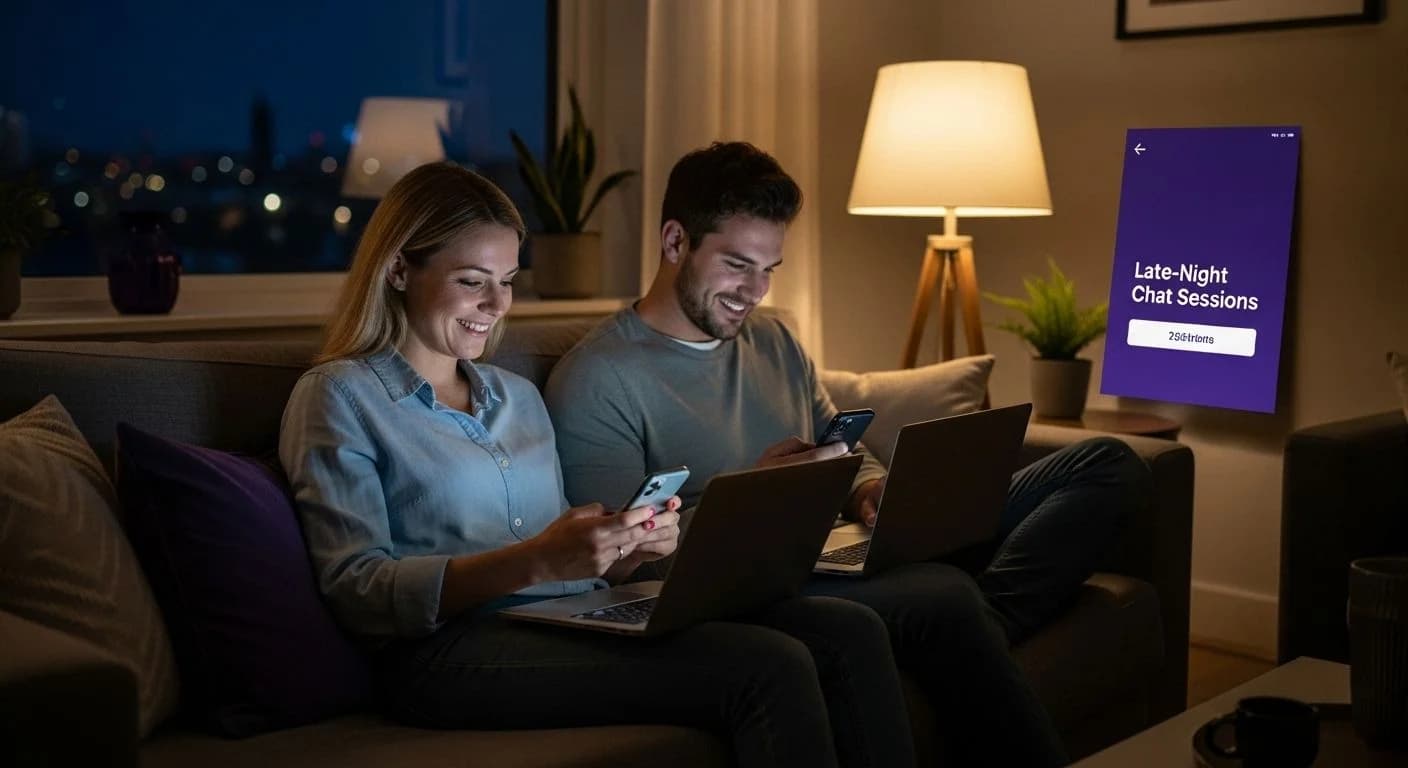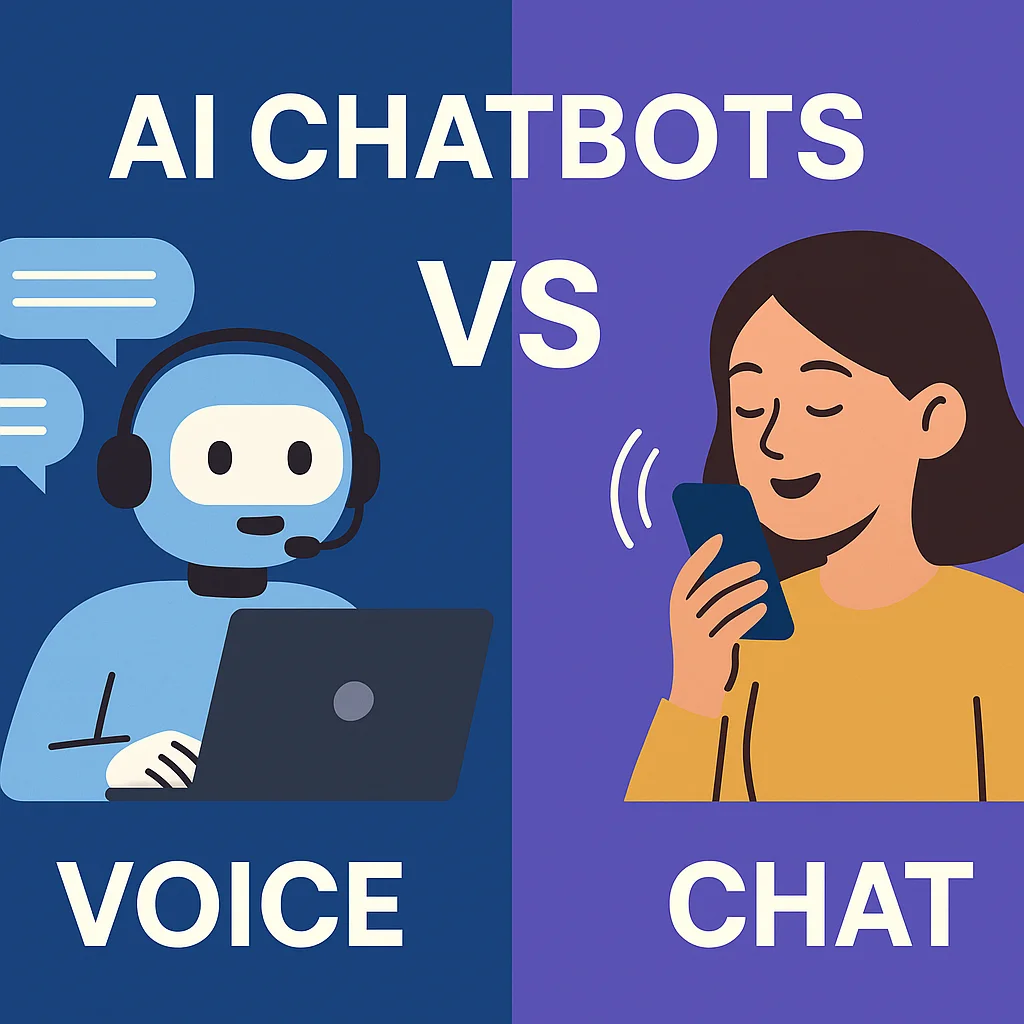Summary
The U.S. Surgeon General compares loneliness to smoking 15 cigarettes a day, highlighting a growing public health crisis. A 2024 Gallup survey found 27% of young adults report feeling lonely "most of the time," while governments in the UK and Japan have created official programs to fight social isolation. Despite increased digital connection, meaningful human presence has declined, leading to what researchers call "emotional displacement" from AI companions. Voice-based interaction is emerging as a potential solution, as tone, laughter, and pauses communicate empathy that text and AI chatbots can't replicate. The article explores why voice-only platforms like Whisperly offer a middle ground between total exposure and flat abstraction, making space for both introverts and night owls who want connection without spotlight.
When the U.S. Surgeon General calls loneliness a public health crisis — as deadly as smoking 15 cigarettes a day — it's clear we have a problem that goes beyond individual experience. Around the same time, the UK appointed a "Minister of Loneliness." Governments don't create ministries unless something runs deep.
And yet, if you open Instagram, Discord, or TikTok right now, you'll see more "connection" than at any other time in history. Billions of comments, likes, and emojis moving at the speed of light.
So why do more people than ever say they feel invisible?
Digital Connection ≠ Human Presence
Texting is instant. Swiping is endless. AI chatbots are always awake. But presence — the sense that someone is with you, here, now — is disappearing.
It's the difference between:
- Someone replying "haha" in chat vs. hearing them actually laugh.
- Dropping a story into a group DM vs. telling it to a stranger who pauses before saying: "That happened to me too."
- Seeing a feed of 500 "friends" vs. one late-night voice that reminds you you're not alone.
In a world where everyone is curating an image, voice-only chat feels refreshingly real. This is the same principle that makes platforms like Whisperly so effective for deeper connections.
The Late-Night Truth Window
Ask anyone who's stayed up talking to a stranger at 2am: conversations hit differently in the dark. People share secrets, regrets, hopes. It's not performance — it's confession.
Psychologists note that people are more open when they feel less observed. That's why anonymous voice chat once flourished in places like Omegle (despite the chaos). Stripped of looks, judgment, and daylight, people felt free to speak.
That freedom is rare now. Most platforms demand a face, a profile, a persona. But for those who struggle with sleep, this approach is particularly valuable — anonymous voice chat for insomniacs provides similar comfort during lonely late-night hours.
The Rise of Artificial Companionship
The loneliness gap is so wide that millions are turning to AI "companions." Apps like Replika or Character.ai offer endless conversation — programmable empathy, infinite patience.
But here's the paradox: people don't only want responses, they want reciprocity. A human silence can carry more weight than an AI's perfect answer. A stranger's sigh tells you more than 200 generated words ever could.
AI fills time. People fill meaning.
There's also the risk of what researchers call "emotional displacement" — the more time people spend with AI companions, the harder it becomes to tolerate the unpredictability of human interaction. You get used to the safety of a scripted back-and-forth, and suddenly real voices feel… complicated.
Why Voice Still Matters
Voice is the middle ground between total exposure (video) and flat abstraction (text).
It carries tone, warmth, hesitation.
It strips away performance but keeps humanity.
It makes space for both introverts and night owls, for people who want connection without spotlight.
If loneliness is the epidemic of silence, then voice is the simplest cure we still have.
This is why voice-only platforms are the future of genuine digital connection. For introverts especially, this shift toward voice-first connection could be revolutionary. Learn how introverts can make friends through voice chat apps and anonymous platforms.
A Different Future of Connection
We don't need another feed, another swipe, another scroll. We need spaces that bring back the small, human rituals: the late-night call, the unexpected laugh, the stranger who reminds you you're not the only one awake.
Voice-first anonymous chat — done safely, without the chaos of old platforms — is one way forward. It won't end loneliness on its own, but it can chip away at the silence.
Because sometimes the smallest change — hearing another human voice when you need it most — is enough to make the night feel less empty.
This philosophy aligns with our broader vision of voice-only connections in a world obsessed with text and AI. For more on this shift, read our guide to voice chat with strangers and how it's changing online connection.
Ready for a Better Way to Connect?
Join thousands of users who have found genuine connection through Whisperly. No registration required, just real conversations with real people.
Start Chatting NowFAQ
How is loneliness different from just being alone?
Loneliness is the feeling of lacking meaningful connection, even if you are surrounded by people or activity. It can persist despite constant digital engagement and is linked to real health risks. See how voice-only connection restores presence.
Why does voice help with loneliness more than text?
Voice carries tone, pauses, and warmth that text cannot convey, helping people feel truly heard. Late-night voice windows amplify this by reducing performance pressure.
Is late-night conversation actually better for opening up?
People often feel less observed at night and share more honestly. Whisperly leans into this window to create safer, low-pressure openings for real talk.
Can AI companions replace human conversation?
AI can simulate responses but cannot offer true reciprocity. Real voices provide human signals—laughter, hesitation—that deepen connection; try a quick voice chat with strangers to feel the difference.



